#pierre lhomme
Text
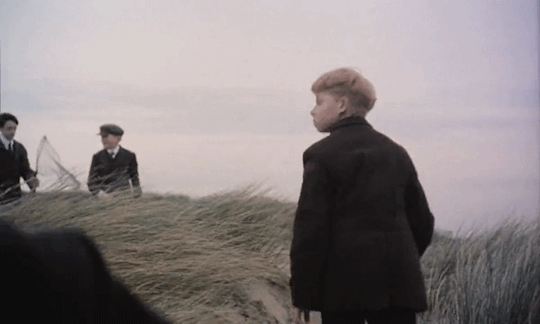
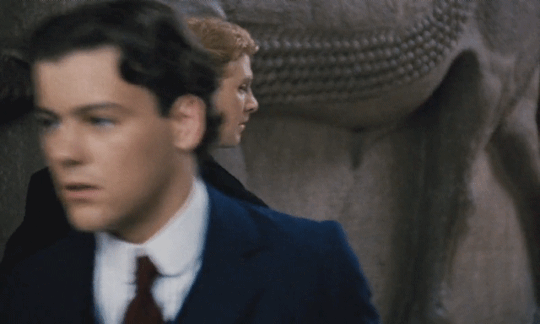
#maurice 1987#maurice hall#orlando wells#james wilby#and holding their hats#that young boy in the earlier one could very well be alec too#excellent casting#cinematography#pierre lhomme#favourite ever#i love you sir#my set#*
177 notes
·
View notes
Text
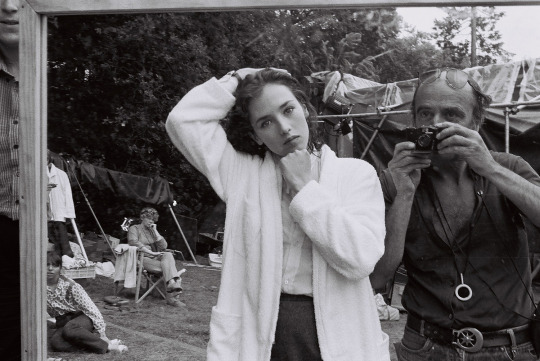
Pierre Lhomme, April 5, 1930 – July 4, 2019.
With Isabel Adjani during the making of Jean-Paul Rappeneau’s All Fired Up (1982).
23 notes
·
View notes
Photo
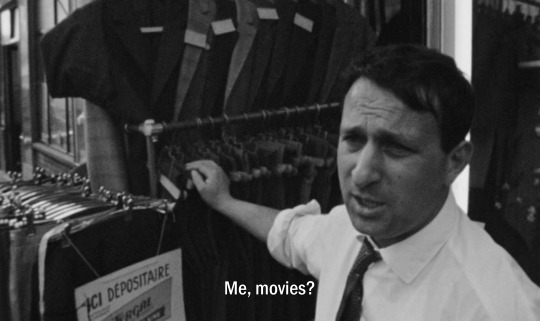
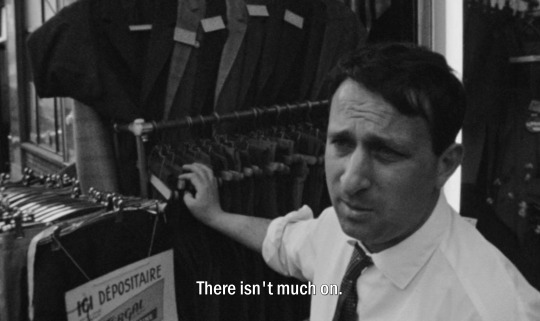
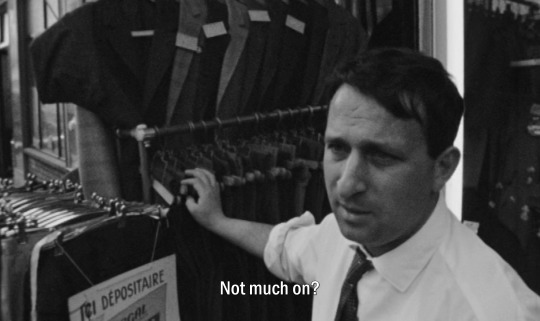

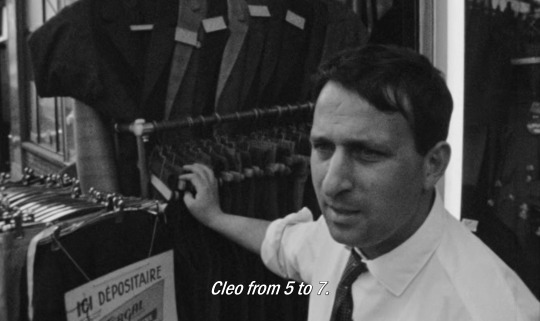
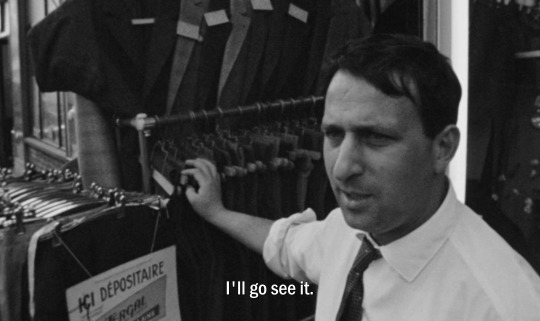


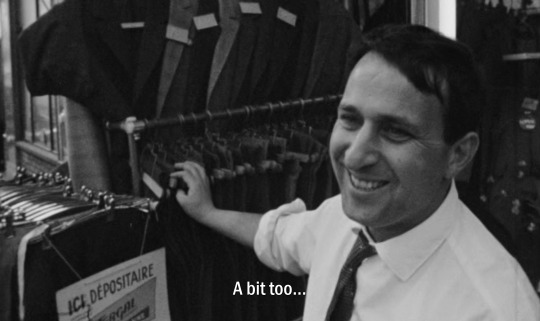
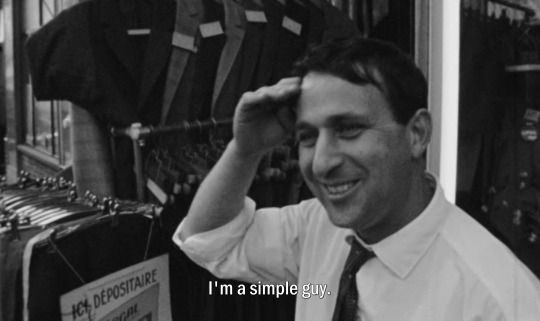
Le joli mai (1963)
#film#movie#le joli mai#The Lovely Month of May#maggio#Chris Marker#Pierre Lhomme#cleo from 5 to 7#last year at marienbad#simple guy#cinema
31 notes
·
View notes
Photo
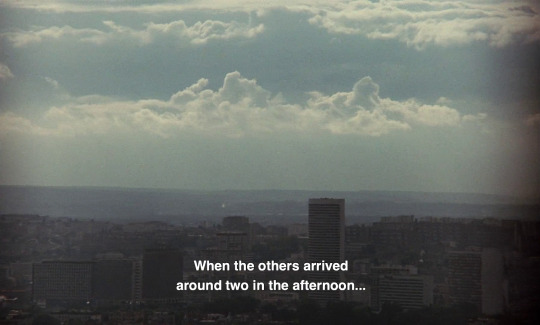


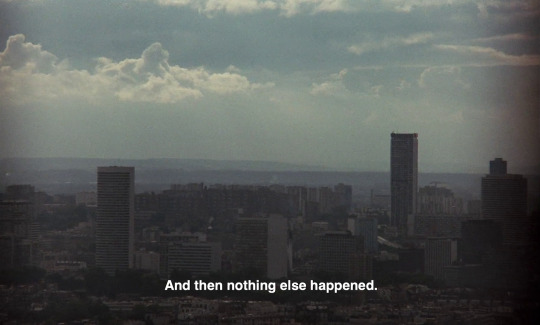

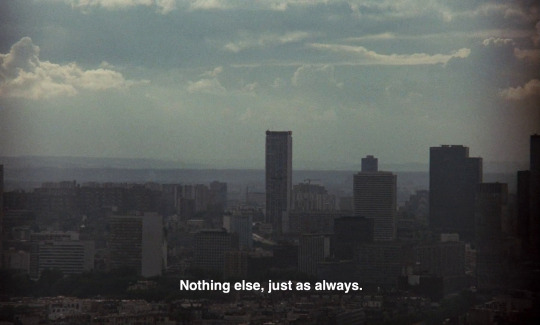
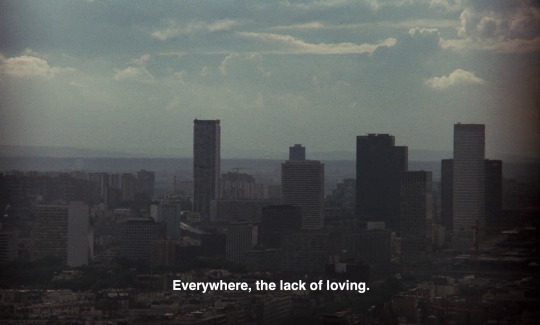

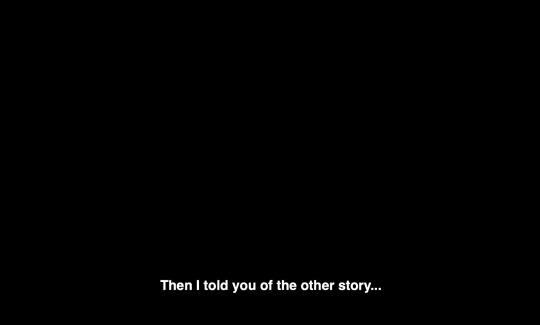

Le navire Night (Marguerite Duras, 1979).
68 notes
·
View notes
Text

#Quattro notti di un sognatore#robert bresson#fëdor dostoevskij#Pierre Lhomme#cinema français#Quatre nuits d'un rêveur
2 notes
·
View notes
Photo


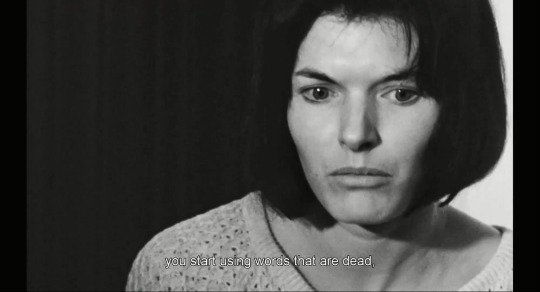
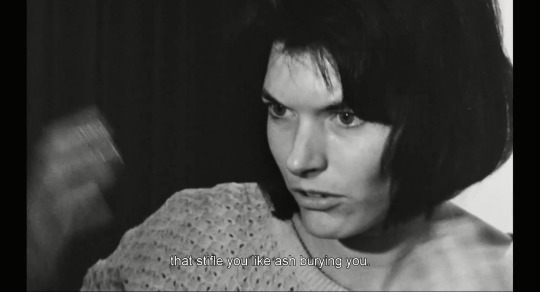

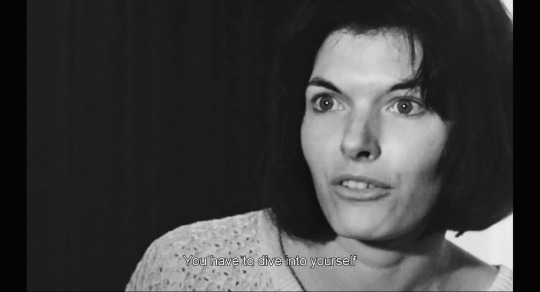


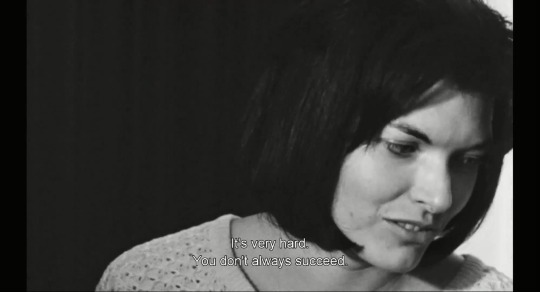
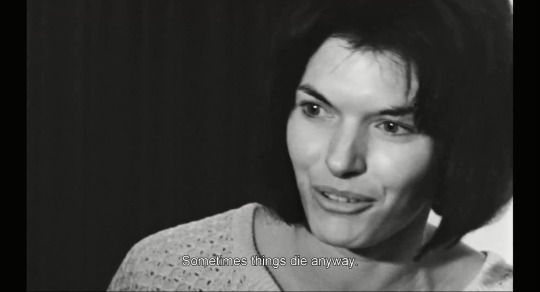
Le joli mai/The Lovely Month of May(1963) dir. Chris Marker, Pierre Lhomme
35 notes
·
View notes
Photo

La Maman et la Putain - Jean Eustache (1973)
Poster
https://filmsdulosange.com/film/la-maman-et-la-putain
#la maman et la putain#jean eustache#france#1973#1970s#cannes film festival#bernadette lafont#jean pierre leaud#françoise lebrun#les films du losange#nouvelle vague#pierre lhomme#poster
8 notes
·
View notes
Photo

Le Joli Mai by Pierre Lhomme and Chris Marker, 1963
#pierre lhomme#Chris Marker#documentary#french movie#french cinema#france#french new wave#1960s#60s movies#60s music
0 notes
Text

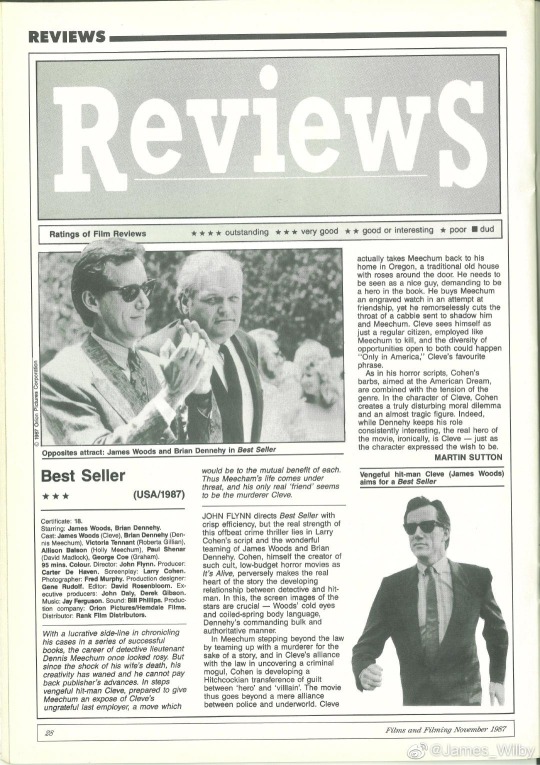
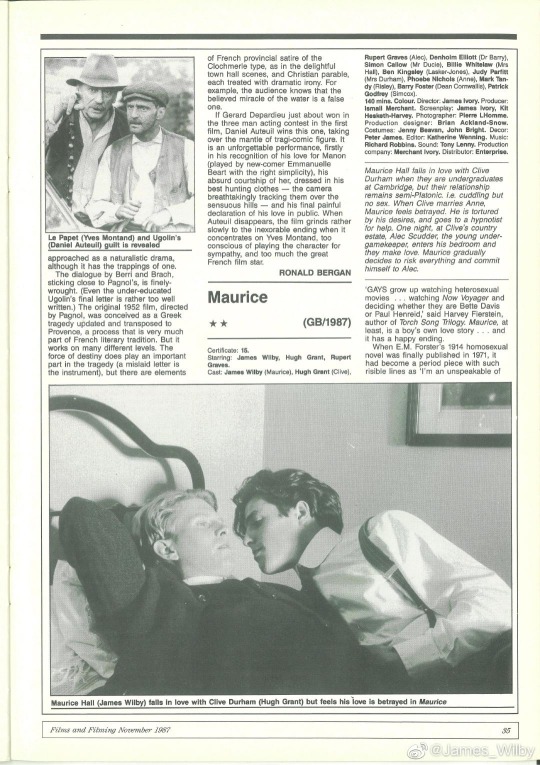

The November's Film and Filming in 1987.
Although the magazine selected Maurice as its cover, Maurice was only rated two stars in its Reviews colomn(4 stars: outstanding, 3 stars: very good, 2 stars: good or interesting, 1 star: poor, 0: dud) and was dissected by a critic named RONALD BERGAN, saying Maurice had become a period piece with such risible lines as I'm an unspeakable of the Oscar Wilde sort from the Eighties standpoint...and Ivory has been let down by his Jamesian (Forsterian?) lack of passion...
Maurice Hall falls in love with Clive Durham when they are undergraduates at Cambridge,but their relationship remains semi-Platonic. i.e. cuddling but no sex. When Clive marries Anne, Maurice feels betrayed. He is tortured by his desires, and goes to a hypnotist for help. One night, at Clive's country estate, Alec Scudder, the young under-gamekeeper, enters his bedroom and they make love. Maurice gradually decides to risk everything and commit himself to Alec.
‘GAYS grow up watching heterosexual movies ...watching Now Voyager and deciding whether they are Bette Davis or Paul Henreid.’ said Harvey Fierstein, author of Torch Song Trilogy. Maurice, at least, is a boy's own love story and it has a happy ending.
When E.M. Forster's 1914 homosexual novel was finally published in 1971, it had become a period piece with such risible lines as ' I'm an unspeakable of the Oscar Wilde sort? James lvory and his co-writer, Cambridge-educated Kit Hesketh-Harvey, have been more faithful to Forster than he was to himself, but the above quote is now cleverly seen at an ironic distance, from our Eighties standpoint. Earlier in the film, the Dean of Trinity (Barry Foster, nice and dry) implants the idea by commenting on the ‘unspeakable love of the Greeks, during a tutorial on the Symposium. Sadly, although gay fiction has moved on, attitudes have not changed drastically. An American hypnotist (Ben Kingsley) advises Maurice to go and live in another country where homosexuality is legal because, 'the English will never understand human nature: This line brought applause from the understanding English preview audience.
Again, as in Heat and Dust, Quartet and Room With a View, the non-English team of Merchant and lvory (this time without Ruth Prawer Jhabvala) have looked at English hypocrisy, and meticulously recreated a stiffly hierarchical society. Maurice is as literate, subtly intellectual, pretty and precious as we have come to expect from them, something to be grateful for when our screens are dominated by trashy teen pics. It certainly is the type of film that should do well in America where audiences prefer to have their images of England reinforced by seeing beautiful manners and manor houses (Brideshead re-revisited), gorgeous costumes and decor, and abundant servants. Ivory coasts in a rather leisurely academic style from one well-dressed, tasteful scene to another, sugaring the pill of sexual repression and class distinction. Pierre LHomme's sometimes murky photography, covers the period in a glow of nostalgia.
But there is another kind of nostalgia at work, as in Prick Up Your Ears, which looks back in envy at a pre-AIDS world, when one didn't have to stop to slip on a condom when the under-gamekeeper entered one's window at night and joined one in bed. The prole (played with slightly wavering accent by Rupert Graves) hovers around in the background for ages before he and Maurice make it together. Unfortunately, this key moment in the hero's sexual liberation comes across as a bit of groping under the blankets in the dark. Once again, as in Room With a View, Ivory has been let down by his Jamesian (Forsterian?) lack of passion.
Unlike the 'clone look' of today, moustaches denote respectability in the film. After his youthful fling with Maurice-lying on the grass in each other's arms and punting together- Clive (Hugh Grant,another actor in the upper-class Rupert Everett mould) grows a moustache, marries and becomes a Tory candidate. When Maurice enters the City as a stockbroker, he begins to sport blond hair on his upper lip. Once sexually freed, the moustache vanishes.
With or without facial hair, newcomer James Wilby (replacing Julian Sands after shooting began), physically of the James Fox sort, kept reminding me of lan Carmichael as the innocent, often called Windrush, in those Boulting brothers comedies of the late Fifties. Most of the pleasure derives from the cameo performances by Simon Callow, a bearded schoolmaster, Mark Tandy, a corruptor of youth, Patrick Godfrey, a knowing butler called Simcox, Peter Eyre, a prissy parson and, yes, naturally, Denholm Elliott.
RONALD BERGAN
97 notes
·
View notes
Text
Les localisations des univers dans MEGA ?
Scriiipt s'est mis a référencer les différentes localisations des scénarios officiels de Mega.
Le référencement ne fait que débuter. Si vous avez l'occasion de parcourir ces scénarios depuis les débuts du jeu de rôle des Messagers Galactiques vous remarquerez un détail curieux : il n'y a pas beaucoup d'aventures se déroulant dans des Univers Parallèles.
Parmi les plus anciens et les plus connus :
(Pour Mega 1) Le Ganymédien égaré (Guisérix et al.) : autre QF, médiéval magique
(Pour Mega 2) L’incrédule (Jean Balczesak) : autre QF (Dell), magie et psy
(Pour Mega 2) Des Ombres sur la lande (Pierre Lejoyeux) : autre QF, uchronie 1880
(Pour Mega 2) Mission sur Mimicry (Didier Guiserix) : QF Grèce antique
(Pour Mega 3) Le Crépuscule des dieux (Philippe Bonneyrat) : QF Grèce antique
(Pour Mega 3) Le Voleur d'Ygol (Pierre Lejoyeux et Tristan Lhomme) : QF au 18ème siècle...
Et oui, la plupart des autres scénarios se déroulent dans notre univers, mais plutôt sur d'autres planètes. Étonnant.
2 notes
·
View notes
Text
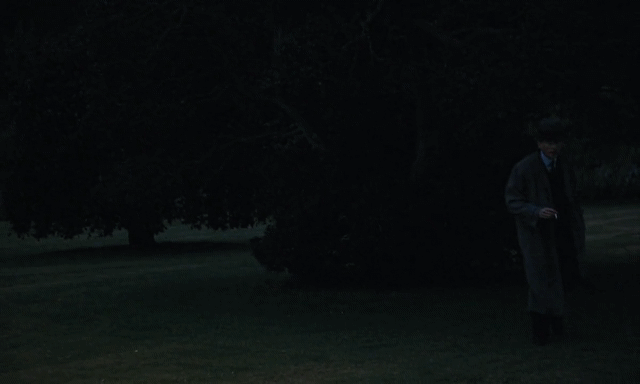


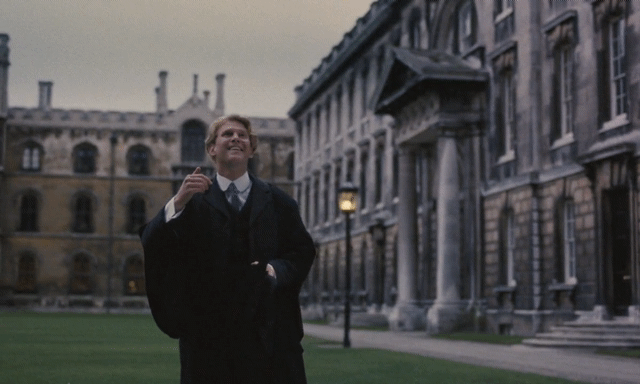
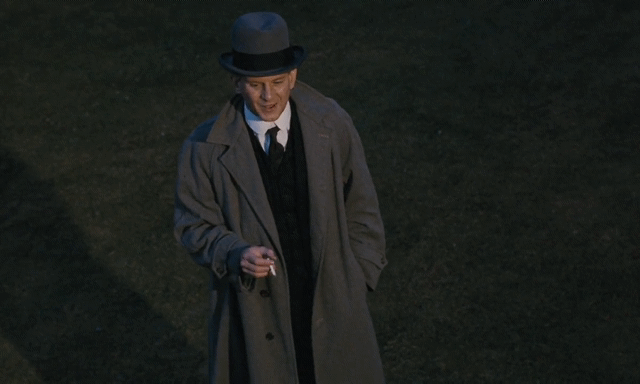

#maurice 1987#maurice hall#james wilby#towards the end#on his way to see alec#at the boathouse#cambridge#parallels#nice angles#pierre lhomme#cinematography#i love you sir#bye clive#favourite ever
81 notes
·
View notes
Text
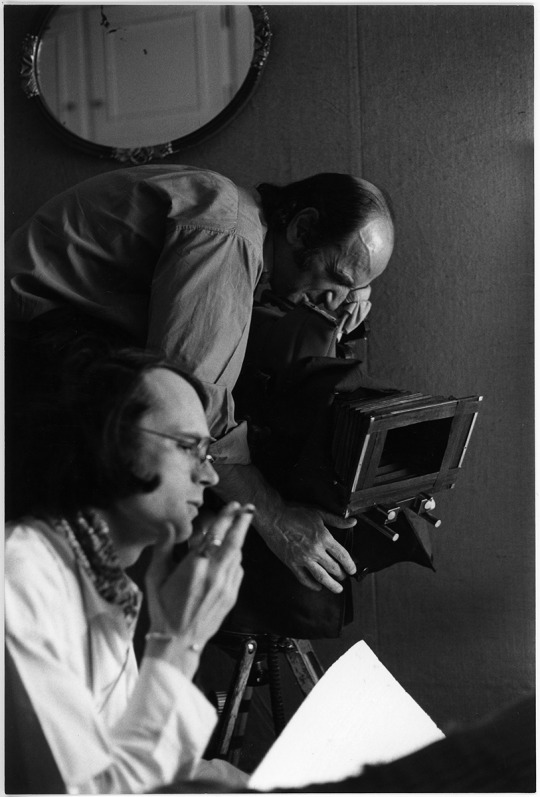
Pierre Lhomme, April 5, 1930 – July 4, 2019.
With assistant camera operator Jacques Renard on the set of Jean Eustache’s The Mother and the Whore (1973).
13 notes
·
View notes
Photo




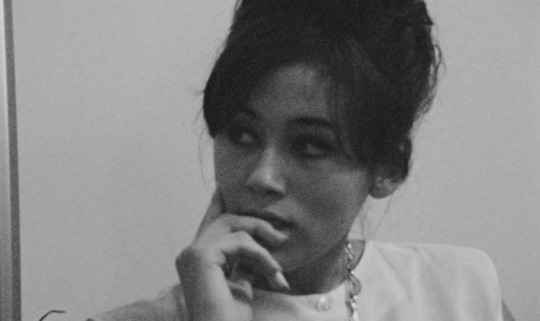
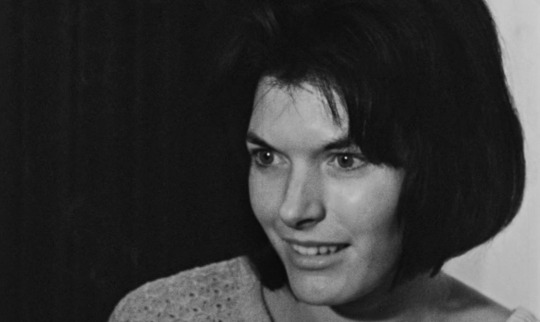
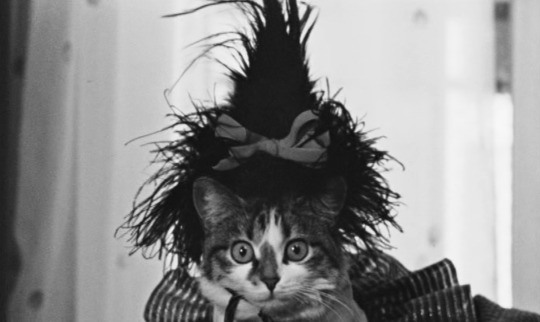
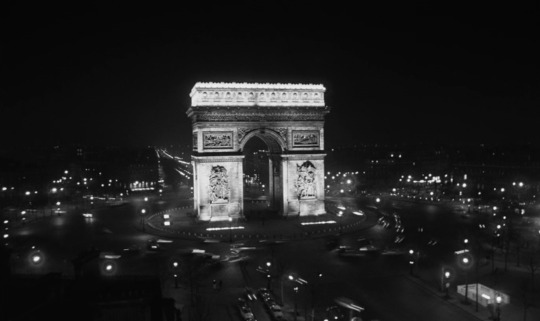
Le joli mai (1963)
20 notes
·
View notes
Photo
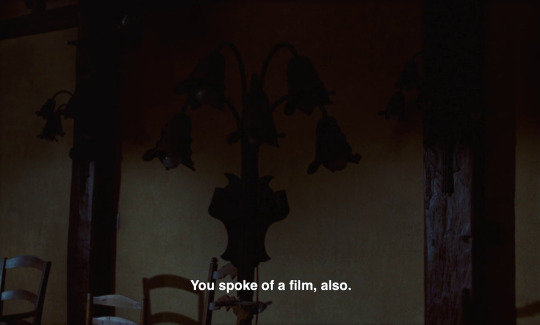
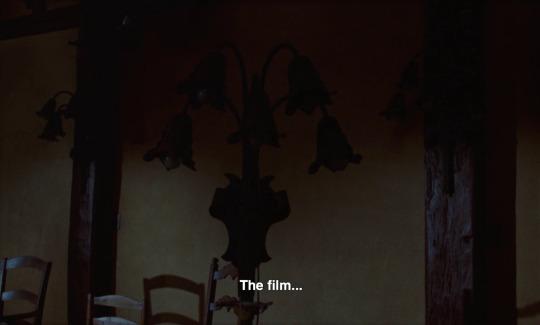
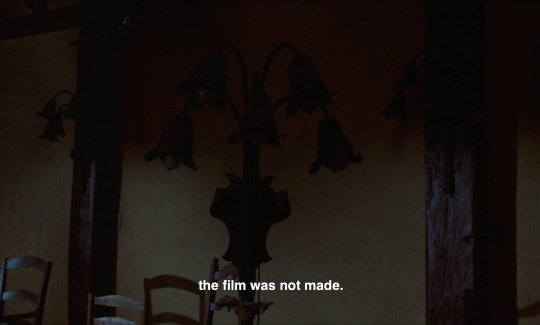

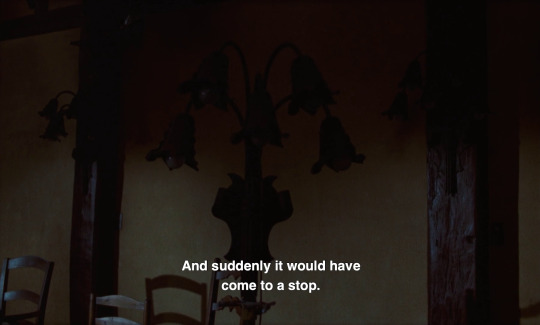



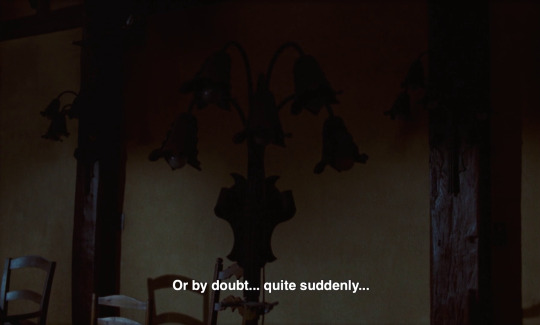

Le navire Night (Marguerite Duras, 1979).
25 notes
·
View notes
Text
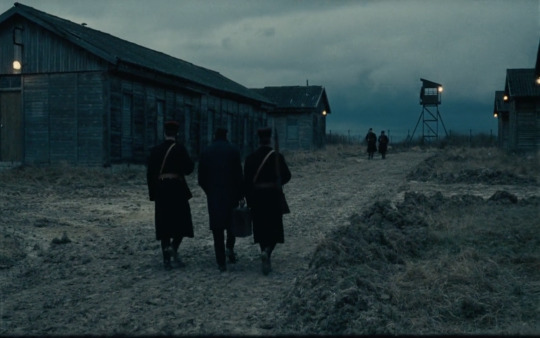

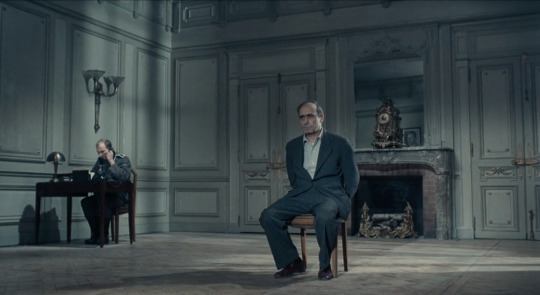
Army of Shadows (1969) dir. Jean-Pierre Melville
cinemtaography. Pierre Lhomme
29 notes
·
View notes
Photo
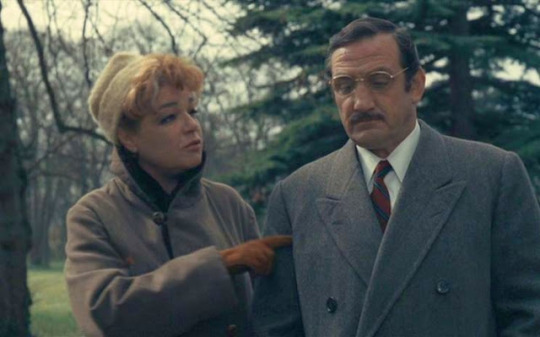

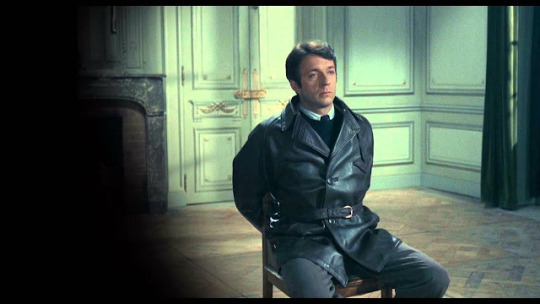
Army of Shadows (Jean-Pierre Melville, 1969)
Cast: Lino Ventura, Paul Meurisse, Jean-Pierre Cassel, Simone Signoret, Claude Mann, Paul Crauchet, Christian Barbier, Serge Reggiani, André Dewavrin, Alain Dekok, Alain Mottet, Alain Libolt, Jean-Marie Robain. Screenplay: Jean-Pierre Melville, based on a novel by Joseph Kessel. Cinematography: Pierre Lhomme, Walter Wottitz. Production design: Théobald Meurisse. Film editing: Françoise Bonnot. Music: Éric Demarsan.
The stoic restraint that pervades Army of Shadows extends to the images provided by the credited cinematographers, Pierre Lhomme and Walter Wottitz. For a long time I wasn't really sure whether the film was made in color or black and white, so desaturated are the images. Occasionally the color of a garment or Simone Signoret's hair or the blue of the Mediterranean in the background will catch the eye, but for the most part the film takes place in a world drained of anything suggestive of vivid life. Death is presented as something inevitable, as something that has to be gone through, so futile has resistance to the occupation of France by the Nazis become. Faced with executing a traitor, the Resistance operatives feel reluctance and guilt but also proceed practically: The sound of a gun would attract attention; there are no usable knives at hand; so the solution is to strangle their former comrade with a kitchen towel, and the garroting proceeds with as little drama as possible. This is a film about endurance rather than action, about moral choices made with deliberation and without fuss. Sometimes what action there is feels contrived: The rescue of Gerbier from prison at the moment of his execution depends on sheer luck and coincidence and not on skillful timing and precise intelligence. But dramatic probability is not the point, instead it's the feeling that all of the lives depicted in the film are poised on a razor's edge.
4 notes
·
View notes